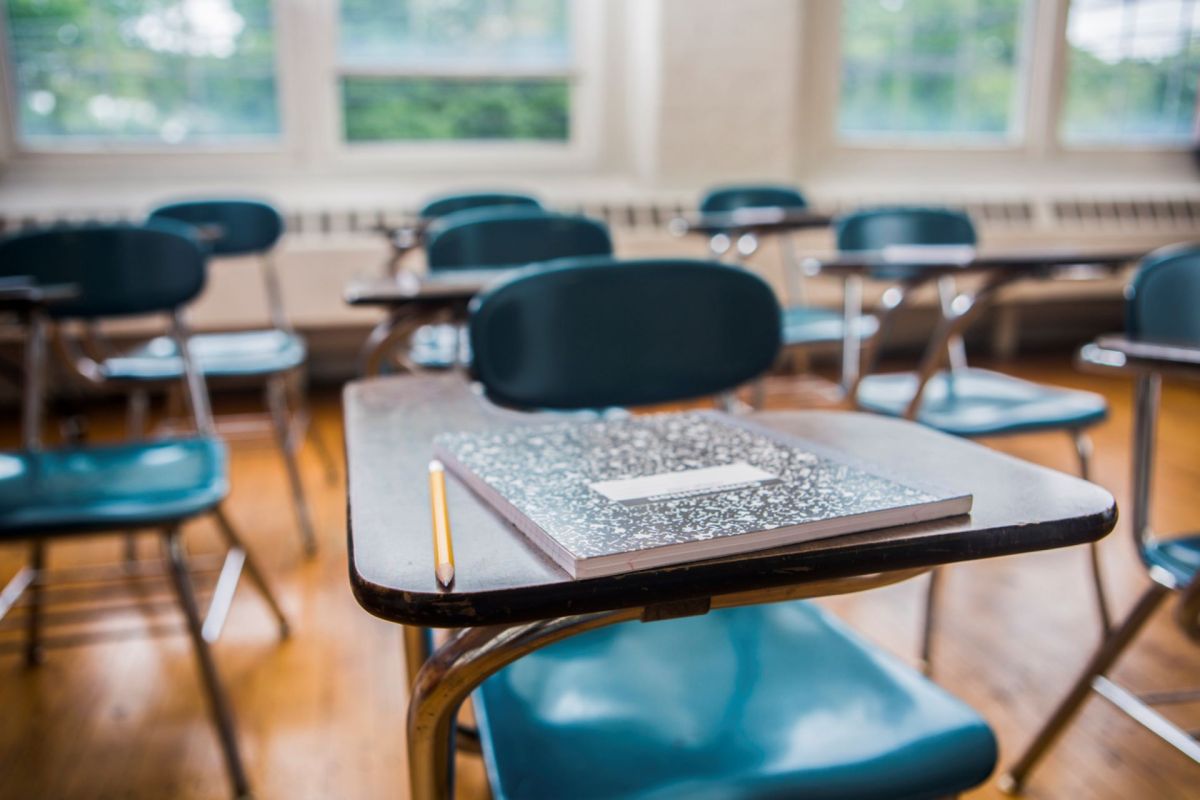A new study has revealed that air pollution negatively affects children's test scores, and girls and minorities are most at risk.
What happened?
Researchers at Yale University set out to investigate the effects of air pollution on children's performance in school. They followed 2.8 million North Carolina public school students from 2001 to 2018 and measured their exposure to fine particulate matter (PM2.5), which is found in polluted air.
At the conclusion of the study, they found that students living in areas below the current air quality standard of annual PM2.5 concentrations performed worse on standardized tests.
The study also found that this pollution disproportionately affected females and racial ethnic minorities.
Why is the research concerning?
This is one of many environmental challenges that children face academically.
As global temperatures rise, many schools are not equipped to deal with the heat — according to the federal government, about 41% of school districts need heating, ventilation, and air conditioning (HVAC) system updates. This is bad news, as student performance plummets as the mercury rises. That's because heat impacts our ability to concentrate and our memory.
Of course, pollution has other serious impacts on kids. Children have smaller airways that are still developing, and they breathe more rapidly and inhale more air relative to adults. As a result, kids suffer more respiratory infections, making them more susceptible to air pollution.
Health risks associated with unhealthy air include the development of or worsening asthma, reduced lung function, and allergies. As children grow older, they are at increased risk for chronic diseases due to early exposure to pollution.
Even more concerning? Our warming planet is worsening air quality through increased smoke from more frequent fires, escalating smog conditions because of hotter temperatures, and more.
What's being done about children's exposure to air pollution?
Maryland, Maine, New York, Connecticut, and California have all adopted measures aimed at transitioning school bus fleets to all-electric, which will help improve air quality for students.
California was the latest to do so, passing a bill that will require that all new school buses in the state be zero-emission electric vehicles by 2035.
Meanwhile, the study's senior author Kai Chen, an assistant professor of epidemiology at the Yale School of Public Health, said it's important to take measures to fix the pollution problem.
"We should aim to strengthen the annual PM2.5 standard to better protect our children," Chen said, per Futurity.
Join our free newsletter for cool news and actionable info that makes it easy to help yourself while helping the planet.









